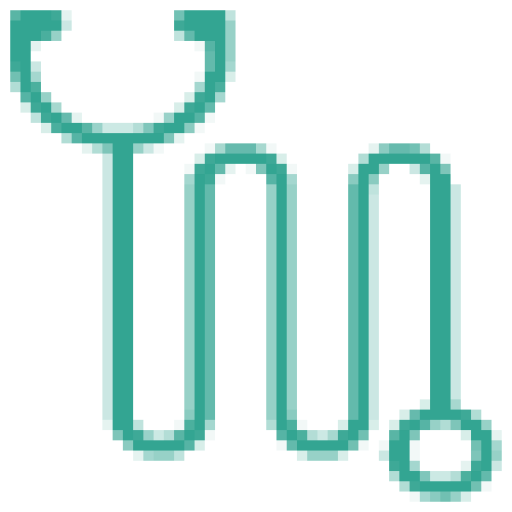The Joint Postgraduate Programme of Studies “History of Medicine and Biological Anthropology: Health, Disease and Natural Selection” is credited with a total of 90 ECTS according to the European Credit System. It includes two semesters of full-time study, while in the third semester the master’s thesis is prepared. The curriculum includes five (5) compulsory core courses in the 1st semester with 6 credits each. In the second semester, students are invited to choose a specialization either in the History of Medicine or in Biological Anthropology and the four (4) corresponding mandatory courses of each direction are taught with 7.5 credits each. In the 3rd semester, a master’s thesis is prepared, which has 30 credits. The total number of credits (ECTS) of the DPMS is 90, with 1 ECTS unit corresponding to 25 hours of workload.
First Semester (5 compulsory core courses)
- Research methodology (6 ECTS)
- Ancient medicine (6 ECTS)
- Historical nosology and epidemiology (6 ECTS)
- Biological anthropology: basic principles and methods (6 ECTS)
- Paleopathology: techniques and practical application (6 ECTS)
Second Semester (4 compulsory courses in each specialization)
Specialization 1: History of Medicine
- Textual study of Greek medicine (7.5 ECTS)
- Newer history of medicine with an emphasis on the Greek area after the 18th century (7.5 ECTS)
- Special topics in the history of medicine (7.5 ECTS)
- Internship in medical historical records (7.5 ECTS)
Specialization 2: Biological Anthropology
- Paleogenetics (7.5 ECTS)
- Taphonomy and Burial archeology (7.5 ECTS)
- Evolution of human nutrition: theoretical framework and methodological approaches (7.5 ECTS)
- Statistical applications in Biological Anthropology (7.5 ECTS)
Third Semester (master’s thesis) (30 ECTS)



